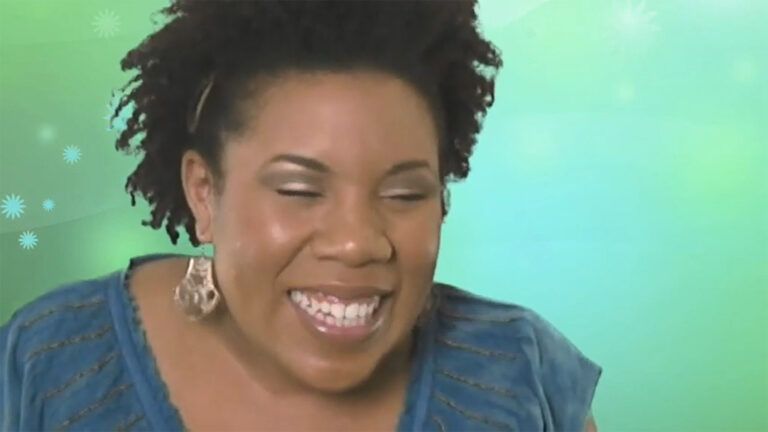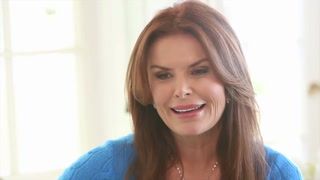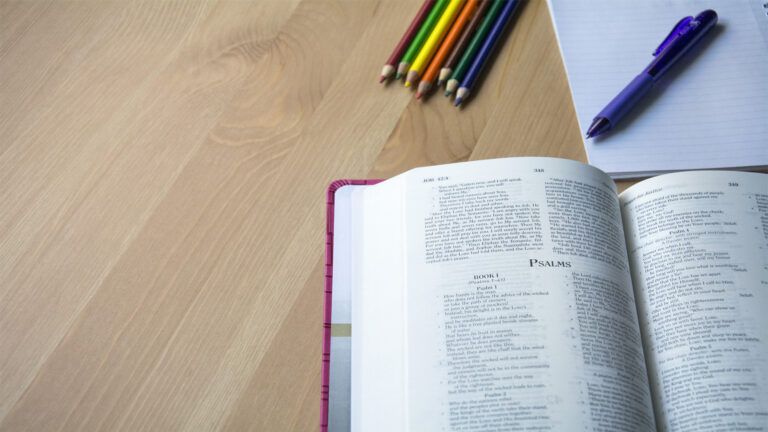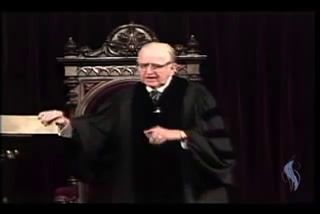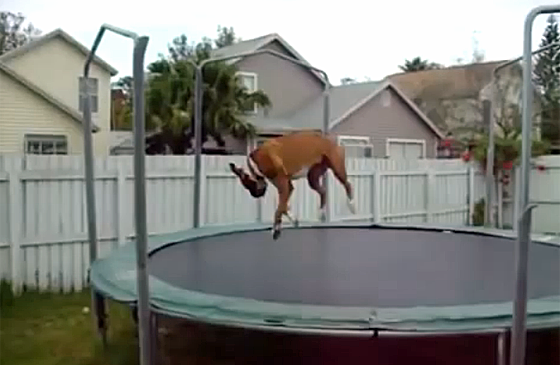
Greetings from Hamilton, Missouri
A business owner and two museum directors share what makes their home town a popular and inspiring vacation destination.
View Transcript
Dakota: Hello Guideposts, I’m Dakota Redford with the Missouri Quilt Museum.
Bob: Hello, Guideposts, my name is Bob Lund, and I’m from Hamilton, Missouri. Welcome to the J. C. Penney Museum.
Jenny: Hi Guideposts, my name is Jenny Doan, and I am a founder and the face of the Missouri Star Quilt Company, and we live right here in Hamilton, Missouri.
So when we came to Hamilton, it was 1995, and it was actually a pretty bustling little town. But by the year 2000, in just those few short years, everything seemed to move away and close up. By 2008, the markets crashed and nearly every building in Hamilton was boarded up. And we decided to open a quilt company.
We now have 15 shops right here in Hamilton; they are all fabric-specific. So we have a novelty shop and a solids shop and a backing shop and a children’s shop and a Christmas shop and so on and so on. So it’s become like a Disneyland for quilters.
We painted these giant murals on the walls that were all about quilting, all about Hamilton, and people love them. So when they come into town, it’s like a bucket list thing for them. They are just in awe and they love that they can walk from shop to shop and see all the beautiful shops.
The other thing that’s fun is because we get so many visitors here, that they find all kinds of people that they have lots of things in common with and they just have a grand time together.
Dakota: We’re very proud here at the Missouri Quilt Museum to be one of the two biggest quilt museums in the United States. With three floors, there is plenty to see, including antique sewing machines, toy sewing machines, lots of quilts. Then we have a large collection of thimbles and notions and sewing machines galore.
This crazy quilt was made in 1891 by Mary J. Thomas. As you can see, each block is individually made and then sewn together. Crazy quilts are known for their crazy appearance, meaning there’s no specific pattern. All of the fabrics are individual and then sewn on and embroidered and the stitches to tie it together.
This quilt was made in the 1840s by African-American slaves in Mississippi. This quilt was hand-dyed by coffee grounds. We are just delighted that this made it, as this family escaped slavery, and then the quilt could come back and be here in our museum.
Bob: The museum was opened and dedicated in April of 1975. Mr. Penney was from Hamilton. I personally knew him through his visits to the hometown store. He was always, always sweeping the store. He met customers, he talked to customers. He was very customer-oriented and he was very hands-on.
We have visitors from all over the world. They love history. They look through all of the photographs that talk about the history of the J. C. Penney store. The reason that Hamilton is such a great place is because it’s a thriving, rural, friendly community and place to live.


